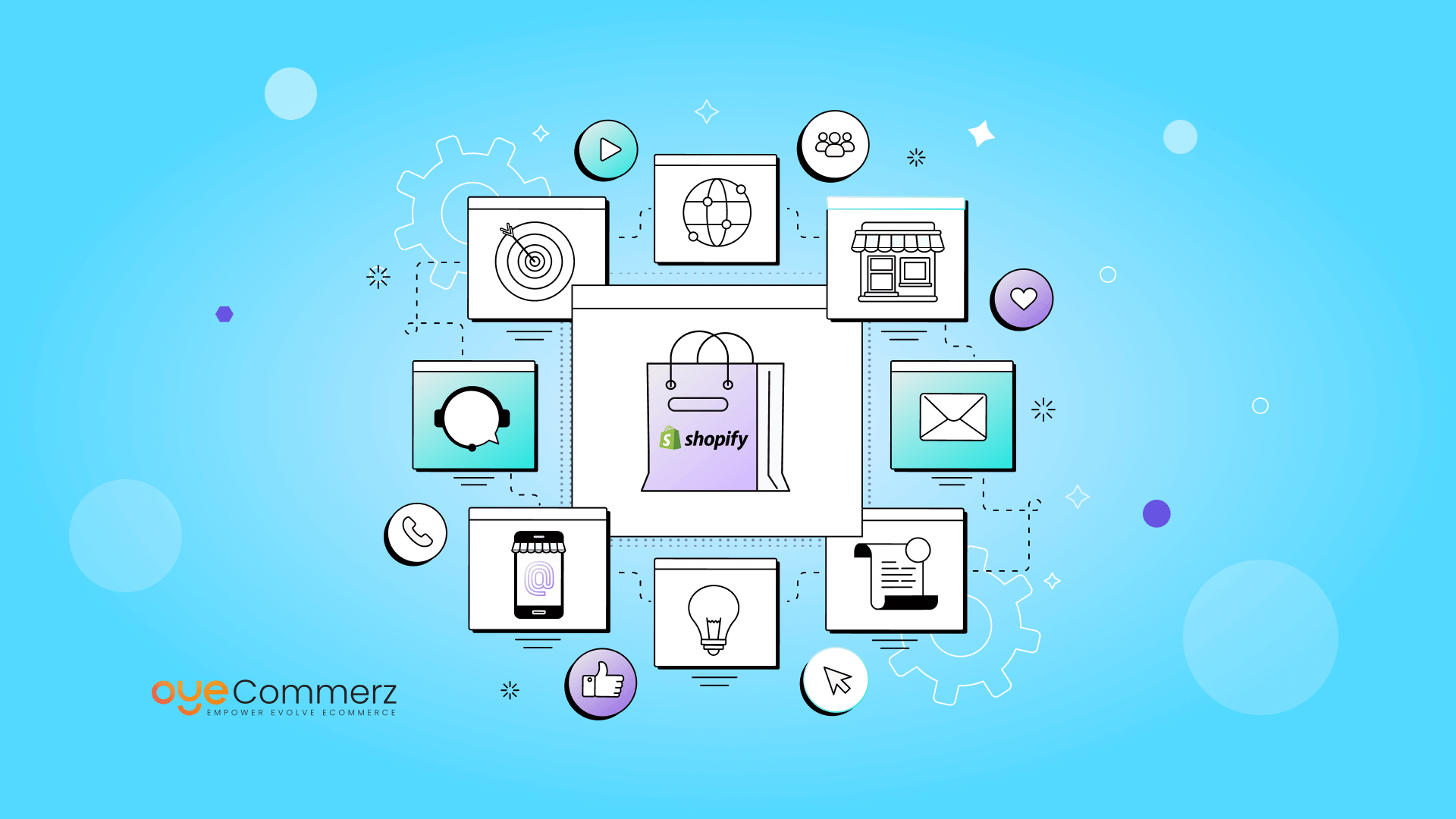Introduction
In today’s competitive e-commerce environment, standing out is essential, and one of the best ways to differentiate a Shopify store is through custom app development. A robust Shopify app can boost store functionality, streamline operations, and boost customer interaction. This guide explores essential aspects of Shopify app development, covering API integration and app ecosystem to scaling strategies and digital marketing approaches, offering a roadmap for companies looking for superior store efficiency.
The Importance of Shopify API Integration
Shopify’s API provides powerful tools to personalize and expand store functionalities. With the GraphQL and REST API options, developers can retrieve information to create apps that manage inventory control, order processing, and customer information management smoothly. Using Shopify’s API can enable improved workflow automation and allows stores to serve customers more efficiently.
Utilizing the Polaris Design System
Shopify’s Polaris is Shopify's set of design guidelines for creating intuitive and easy-to-use Shopify apps. By adhering to Polaris guidelines, developers ensure that apps seamlessly integrate within the Shopify Admin interface. This ensures a cohesive appearance that resonates with Shopify merchants, encouraging usability and comfort for merchants utilizing your custom app.
Understanding the Shopify App Ecosystem
The Shopify app ecosystem offers endless possibilities for enhancing e-commerce sites. From managing fulfillment processes to boosting customer engagement, apps in this environment are tailored to meet diverse business needs. Learning about this ecosystem assists developers in identifying unique app ideas and enables seamless integration of external tools that enhance the store.
Building Embedded Shopify Apps
Embedded apps integrate directly within the Shopify Admin, providing a smooth interface for merchants. They allow merchants don’t have to leave their Shopify control panel, streamlining their workflow. Employing Shopify App Bridge and embedded app features is recommended for providing a cohesive, integrated user experience.
Using Node.js and React for Shopify Apps
The technologies Node.js and React have become top options for Shopify app creation. This server-side framework enables high-performance server-side applications, while React enables interactive and adaptive front-end user interfaces. Together, they offer an strong platform for creating speedy, growth-ready Shopify apps that enhance store functionality and customer engagement.
Utilizing Webhooks in Shopify Development
Webhooks allow real-time data updates between Shopify and an outside application. They trigger events such as new orders Oyecommerz custom Shopify app or stock changes and send instant notifications to your app. By utilizing webhooks, apps can provide up-to-date information to store owners, streamlining workflows and boosting efficiency.
Engaging Customers Through Digital Marketing for Shopify Apps
To make a Shopify app successful, engaging customers is key. Utilizing digital marketing strategies like SEO, email Benefits of Shopify API integration for e-commerce marketing, and social outreach can drive app adoption. Additionally, designing apps with customer engagement in mind (e.g., loyalty programs or personalized suggestions) increases user loyalty and satisfaction.
Making Your Shopify App Scalable
As e-commerce stores expand, so do their technology requirements. Making sure that your app can scale to handle increased traffic, larger databases, and more advanced functionalities is essential. By improving server capacity and using scalable solutions, you can develop apps that expand in tandem with a store’s success.
Essential Features and Maintenance for Shopify Apps
For an app to be effective, it should offer essential features like user login, analytics dashboard, and support channels. Regular app upkeep, including updates to fix bugs and compatibility checks with new Shopify functionalities, is vital to maintain continuous operation and prevent disruptions to business processes.
Summary
Custom Shopify app development offers immense opportunities for e-commerce stores, providing the ability to improve performance, streamline processes, and build customer relationships. From integrating APIs to ensuring scalability and customer interaction, building a Shopify app requires careful planning and well-planned actions. If you’re prepared to unlock your store’s full potential, a custom Shopify app may be the ideal solution. What capabilities do you envision for your ideal app? Share your ideas and take the first step toward an optimized e-commerce experience!
